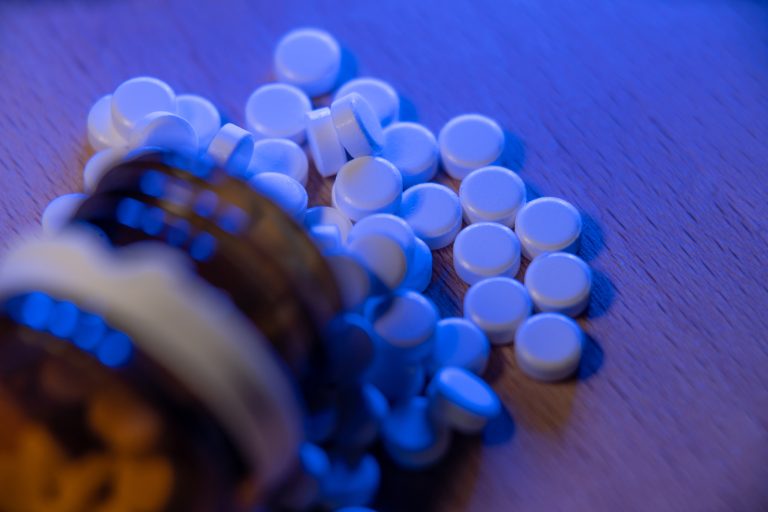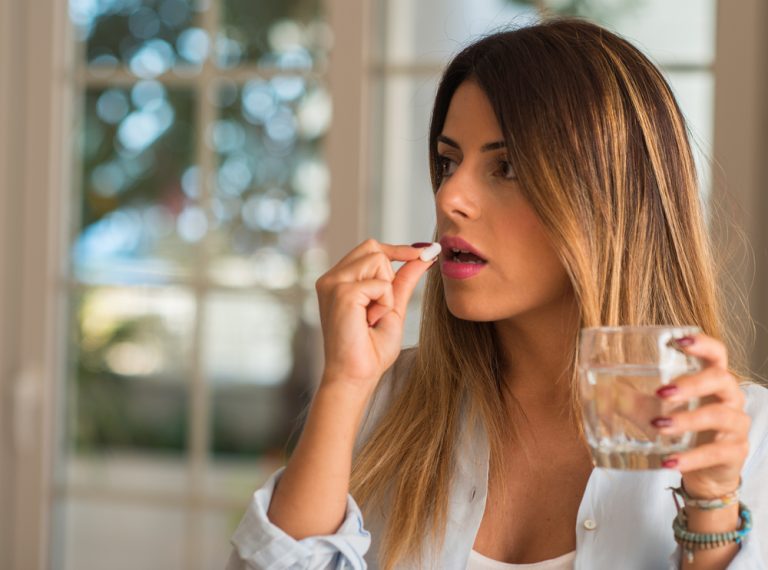A dopamine detox, often referred to as a “digital detox,” is a temporary period during which a person restricts or eliminates activities that provide high levels of dopamine release in the brain. This can include things like reducing or abstaining from the use of social media, video games, excessive internet browsing, and other highly stimulating or addictive behaviors. The goal is to reset one’s dopamine system, improve focus, and regain control over these behaviors. It’s not a medical detox but rather a self-imposed break from certain activities to promote mental well-being and productivity. Some experts believe that such a detox can help boost focus since it cuts out so many distractions.
Similar Posts

Opioids and Pain Treatment
I subscribe to the guidelines of The Centers for Disease Control (CDC), which state that the objective of any opioid-based pain care strategy is to safely reduce pain and increase a patient’s ability to undertake everyday activities. Working with their doctor, patients can usually find safe and effective care options to help them reach their…

Women, Anxiety and Wellness
Research tells us that over 40 million adults in the United States are experiencing anxiety disorders of some type. However, only about 37% of them receive treatment for the condition, according to Healthline. That’s a big problem, leaving millions and millions of Americans experiencing anxiety that takes a toll on their quality of life and…

What questions can couples ask each other to help them be on the same page?
Improving your relationship with your spouse involves open and honest communication. There are a number of questions to consider posing to your significant other from time to time. Always remember that open and honest communication is key to a healthy relationship. So, questions you can ask each other include:

All About Magnesium Glycinate
Magnesium glycinate is a well-regarded supplement known for its potential to contribute to better sleep and alleviate overall anxiousness. This form of magnesium is bound with glycine, an amino acid with calming properties, enhancing its effectiveness. One of the key benefits of magnesium glycinate is its ability to promote relaxation. Magnesium plays a crucial role…

The U.S. Preventive Services Task Force on Anxiety Screenings for Adults
We are seeing a lot more focus on anxiety treatment these days. In fact, the U.S. Preventive Services Task Force on Anxiety Screenings for Adults has just announced its recommendations, which you can read about on their website. As they state “Created in 1984, the U.S. Preventive Services Task Force is an independent, volunteer panel…

Recognizing Your Proudest Accomplishment of the Year
This past year has been one for the history books. Emerging from the pandemic has been a challenging but fulfilling process, especially for healthcare providers and business leaders. As a psychiatrist as well as the CEO of PsychPlus, this has been doubly the case. It’s important for everyone to take a bit of time and…
